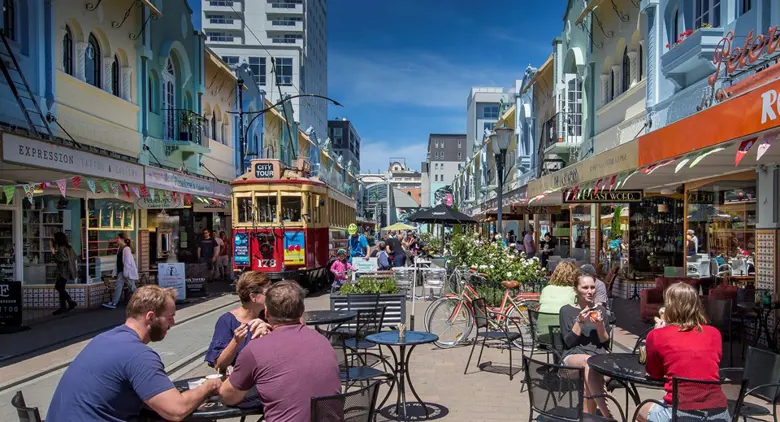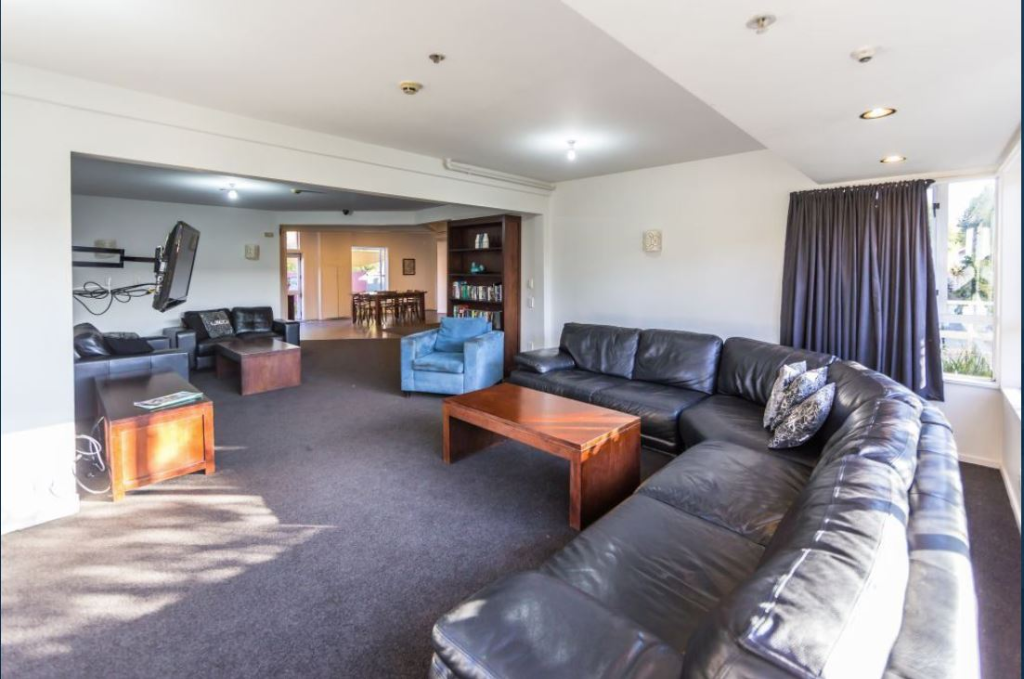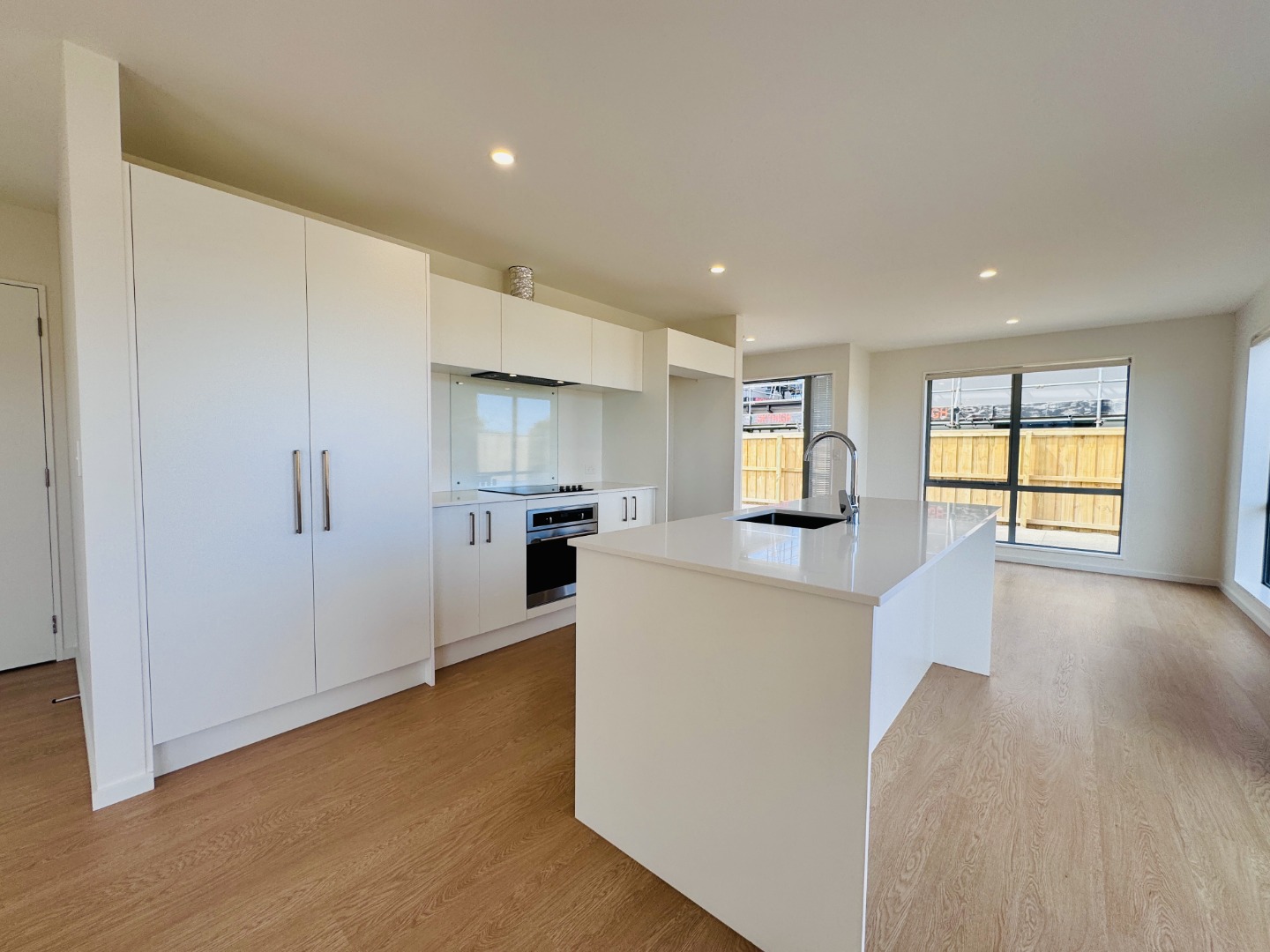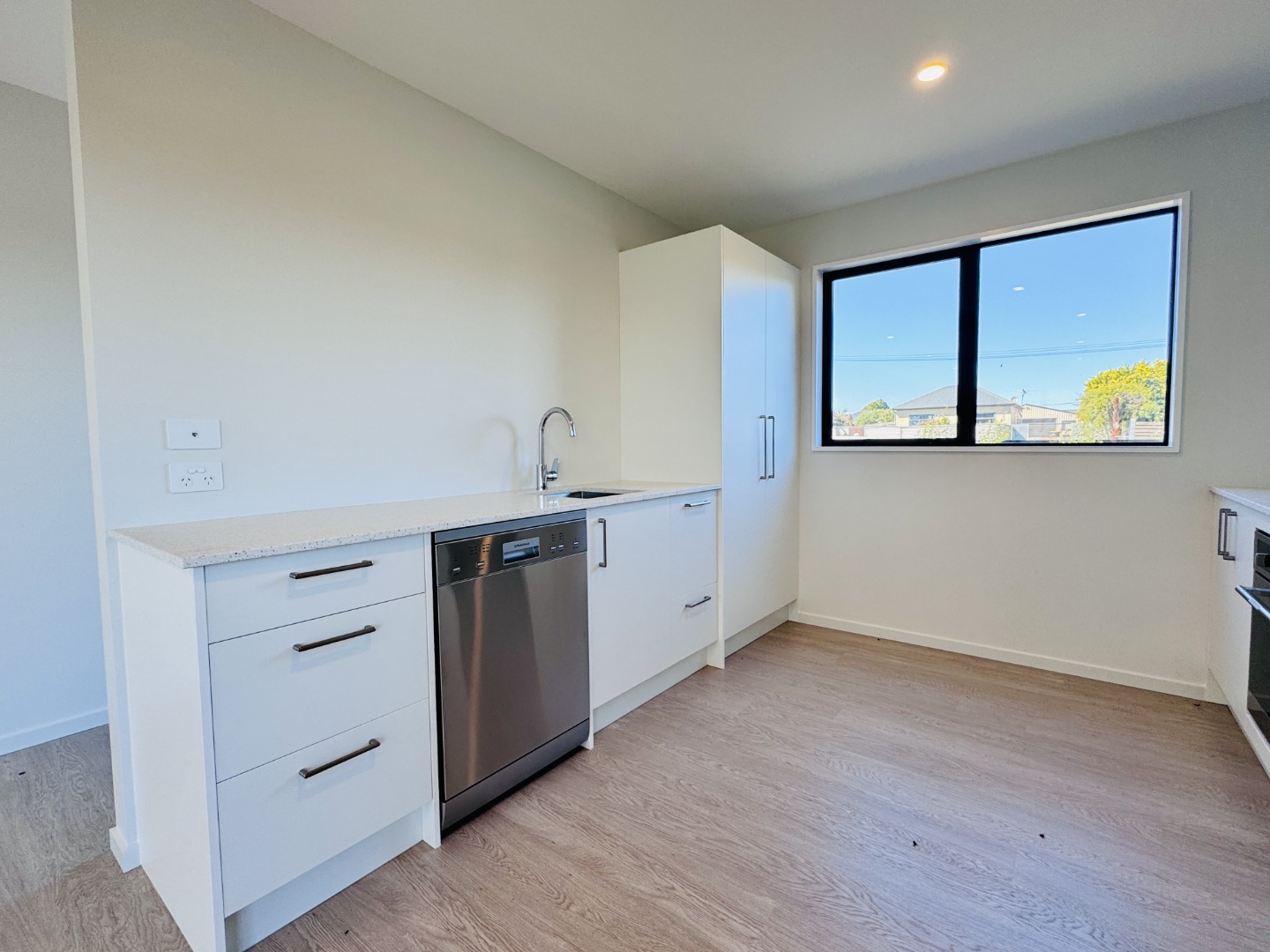

Is Christchurch About To Become A Renter’s Market?

To answer this question, first let’s look at what’s happening in the North Island.
Property managers in Auckland and Wellington say that overnight the rental market has changed and tenants are now in the driver's seat.
Trade Me figures show a record high supply of properties nationwide, reaching an all-time high in May, combined with a drop in demand for rentals. The supply in Wellington jumped 45% year on year, while Auckland also saw a record number of listings. There has also been a drop in demand for rental properties, down eight percent nationwide.
There are more properties listed for rent nationwide than ever before, less tenants turning up for viewings and more viewings needed to rent a property, plus the national median weekly rent fell for the first time this year.
What’s causing this change in the North Island?
It all comes down to supply and demand. There is currently an oversupply of rentals with lots of new builds coming onto the market and home owners opting to rent their properties because they can’t sell them. Plus, people are heading overseas, especially young people who know they can earn more money and pay less rent in Australia… so demand is less.
As businesses move to remote/flexible working, renters have started moving away from the cities and with no international travelers to fill the properties, interest in rentals is low.
A slowing housing market could well be contributing to the increase in rental stocks. The most recent property report from the Real Estate Institute of New Zealand (REINZ) noted sales continued to slow down in April, while price growth was "moderate" and more housing stock was lingering on the market. Challenges with supply have switched to the demand side – first-home buyers and investors are encountering stricter lending criteria and tighter loan-to-valuation ratios, coupled with rising interest rates and inflation, said REINZ chief executive Jen Baird in the report. Fewer people were attending open homes and auction rooms; fewer buyers were making inquiries.
Tenants are becoming more price-sensitive, which isn't surprising giving the cost of living has gone through the roof, inflation is super high, petrol has gone up and no one can afford a block of cheese!
Most landlords would have to up rent by $100 to $200 a week to break even, but you're not going to get tenants if you do that. Conversely, if renters can save $20 a week on rent, they will.
Winter has officially arrived; the appetite to shift properties drops in the cooler months, meaning less competition. If tenants want somewhere nicer for the same amount of money or slightly less, then now is a good time to look. Upward and downward forces are working in their favour.
Will Christchurch become a renters market?
While there is always some uncertainty as to which way things will go, I don’t think rents will drop in Christchurch as they have in Auckland.
We are starting to see progress in Christchurch, people are moving here and it is a very livable city now that the infrastructure is finally underway. It is modern, has a vibrant inner city with lots of parks and cycleways and is not yet congested. It’s also a great place to bring up a family.
Since the borders have opened, most immigrant workers landed in Auckland, so did returning New Zealanders, and these are the people moving back offshore now. When people look to move to a new country they tend to look first at the larger cities, so a lot of Christchurch’s population increase comes from people moving from Auckland.
The majority of new arrivals are singles or couples and they tend to rent two-bedroom units initially, moving to a three-bedroom house or unit when they have a child. The bulk builders have been building a lot of two-bedroom units in and near the city centre.
However, at some point there will be enough of these units to meet demand. But they will continue to be built until there is a surplus, and then rents will drop as competition between landlords comes into play.
If I was to invest in a two-bedroom unit near the city now it would need to have stand-out features like off street parking, two bathrooms, good size rooms, EV charging points, outdoor areas and quiet neighbours.
At various times in a property investment tenure there will be renter’s markets when rents drop and vacancy periods increase. There will also be periods when mortgages will fluctuate up or down. So, an investor should factor this into their risk determination when purchasing a property.
Both factors are usually unpredictable and difficult to determine because property is a long-term investment and the risks cannot be envisaged. The risks are easier to predict in a seller’s market like now because they are already happening.
In a buyer’s market I would borrow as much as I could to build my portfolio. I would then be at high risk as my LVR would be at its peak. So, I would then concentrate on putting as much capital into my mortgage to lower my risk.
The beauty of property of course is that as the value of the property increases over time and the LVR decreases.
Christchurch Property has always increased in value during my investment lifetime, except for about eight years in the 1990’s. But the latest boom was the largest I have seen and some commentators predict a downward adjustment.
Auckland property has had more ups and downs than Christchurch and Auckland investors are not as territorial as us and tend to buy property all over New Zealand as they see opportunities.
How to prepare for a renters market
Landlords will want to avoid significant rent drops and minimise vacancy between tenants while also making it appealing for good tenants to stay on.
This may mean they need to become more creative to attract tenants and maintain rents. For example, consider having a pet-friendly rental – it’s good for tenants as it gives them more bargaining power, and it makes for greater stability in the rental market.
Landlords might need to start marketing themselves to stand out. Throw in some whiteware, maybe a free week's rent, or even offer to contribute towards moving costs.
Keep properties in a neat and tidy condition, carry out minor renovations now so you’re ahead of the curve when the market turns.





